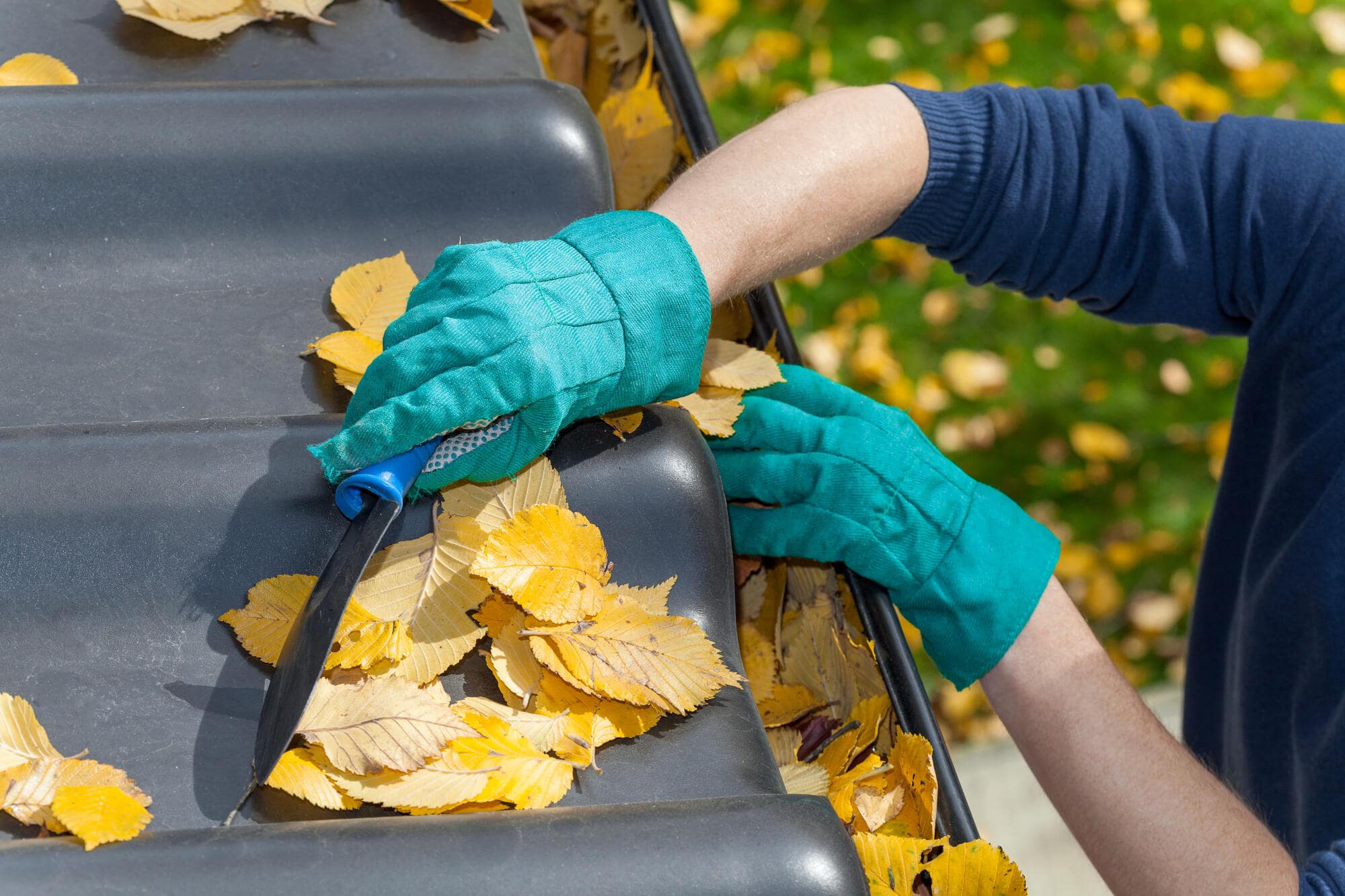It only takes one busy week for a landlord's responsibilities to snowball. That missed call from the tenant turned out to be a plumbing problem. Which later turned into a flooding issue.
These scenarios are the stuff of nightmares. Fortunately, they are also preventable. Read on to learn about a landlord's property maintenance responsibilities.
Knowing the Law on Landlord Responsibilities
Some maintenance responsibilities as a landlord are a legal requirement. You must abide by New Jersey legislation, namely the New Jersey Landlord-Tenant Act.
For example, you must maintain your building and property to ensure it's safe for your tenants.
It also needs to be structurally sound. Tenants also have a right to working service on their property, including water, electricity, and heating.
It's essential to familiarize yourself with the law on tenant rights and stay up-to-date with new legislation.
Plan Your Routine Maintenance Tasks
It's crucial to stay organized with routine maintenance on your rental property. Forgetting about basic things like HVAC inspections could leave you with a broken system later - and all the expenses that come with it.
So, make a list of all your routine responsibilities.
List intervals between property inspections and add them to a maintenance calendar. An online portal is ideal as that will help you keep your team informed.
Put Safety First
If you have conflicting maintenance demands, you must put safety first. Prioritize tasks that could pose a risk to your tenants if they are delayed or ignored.
HVAC inspections, roof checks, and any fire safety features are high on that list.
You may also want to ensure plumbing is on that list because flooding is a hazard to people and will leave you with expensive insurance costs.
Managing Tenant's Expectations
A disconnect between the maintenance expected by your tenant and what you intend to provide can cause friction and problems.
To avoid this, establish your responsibilities in writing as part of the lease agreement. Use an online portal to help communicate with the tenant.
If the tenant has maintenance responsibilities, clarify what they need to do and when. That might be as simple as reporting problems to you so you have early notification before an issue worsens.
Apply Best Practices
Maintenance, like anything, is more effective when you apply best practices. The most important rule to remember is that preventative maintenance is often cheaper and less problematic than reactive maintenance.
Another tip to remember is to hire experts. If you are getting an HVAC inspected, ensure you use a professional.
Third, keep an emergency fund handy for the worst-case scenario. You may not need it, but if you do, a readily-accessible fund will save you lots of hassle.
Property Maintainance: Looking After Your Investment
Your rental property may be your biggest investment. So don't cut corners when it comes to looking after it. Prioritize maintenance and use these tips to help you.
Alternatively, an expert property management team can take this off your hands. Find out how PMI North Jersey looks after properties for landlords by viewing our property maintenance services here.


